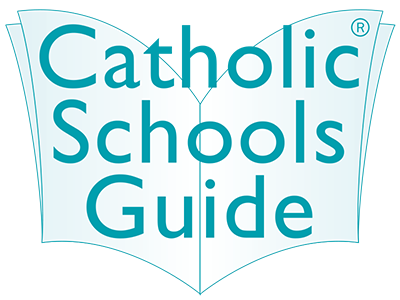News and Media

The way you engage with music affects your mood in different ways
Article source: https://www.abc.net.au/education/the-way-you-engage-with-music-affects-your-mood-in-different-way/102669754
Some experiences are very hard to put into words. Some experiences are hard to make sense of when they first occur.
We often turn to music to express and explain some of the more challenging experiences in our lives.
In the days and weeks after any significant national event, such as the 2019–2020 bushfire season, music is often used to try to encapsulate the experience.
Images and footage from that event are often accompanied by music, and interestingly one of the pieces that is used regularly is the Barber Adagio for Strings.
It’s a work entirely for string instruments, with a wondering melody that seems to drift through moments of happiness and reflection.
The piece works its way to an intense climax, ridiculously high on all the instruments, and somehow mimics a peak grief state.
But then it does an amazing thing: there is a moment of silence, of release. And then the piece settles us into a place beyond grief from which we could possibly move forward.
In the days and weeks after any unexpected and catastrophic event, when moving beyond grief seems to be almost impossible, the Barber Adagio and many other pieces of music give people the hope that while we will never forget, we could possibly move beyond the fear and sometimes intense grief.
Music goes straight to our core
Why and how does music seemingly hit us at our very core? And how does music have the ability to change our mood incredibly quickly — and in a way that’s sometimes quite transformational?
We process music in a part of our brain known as the default mode network, which is a set of regions that contribute to remembering, thinking about the future and mind-wandering.
This network was created before we had language and the wheel, and it is “directly related to the fulfilment of basic human needs, such as communication, cooperation and social attachment”.

